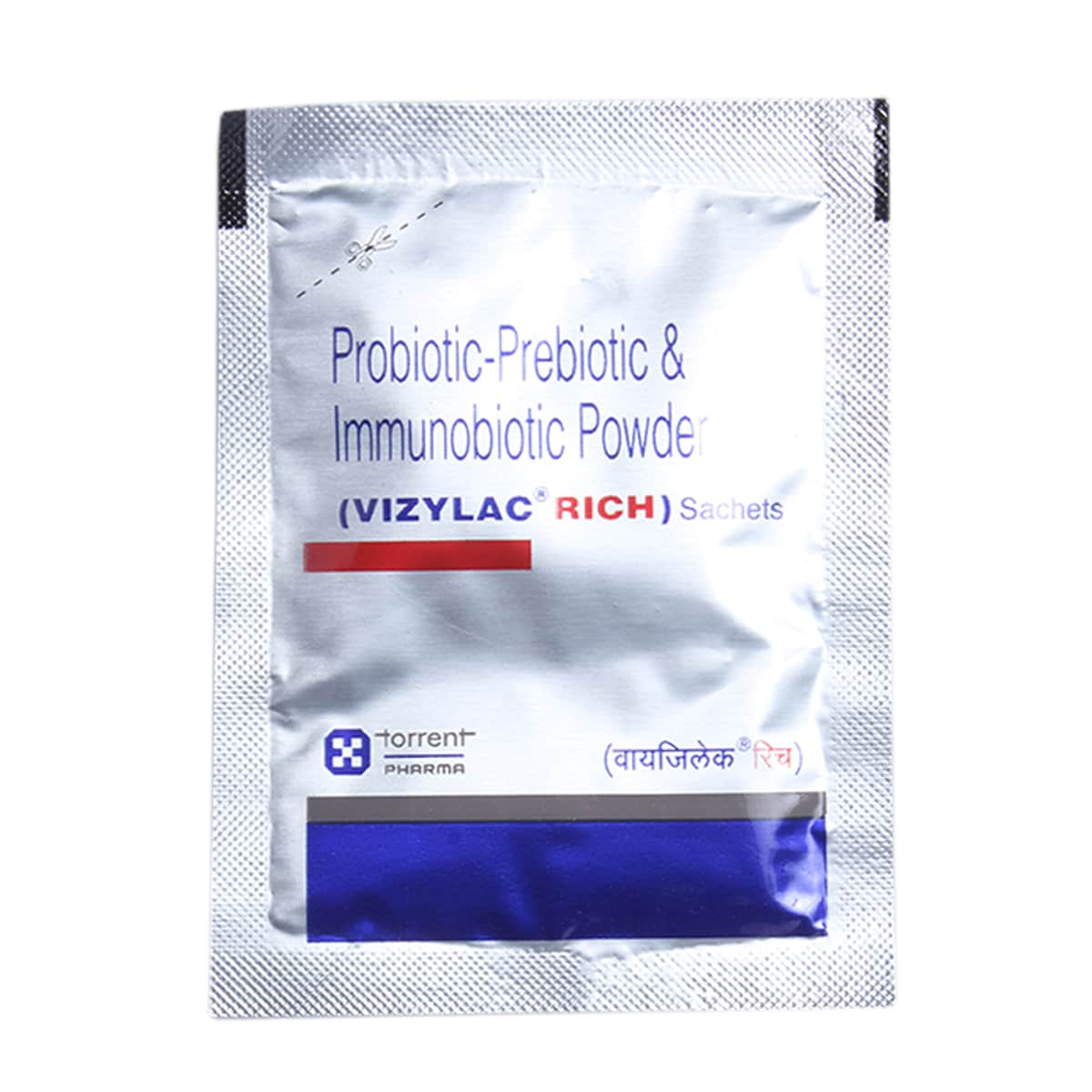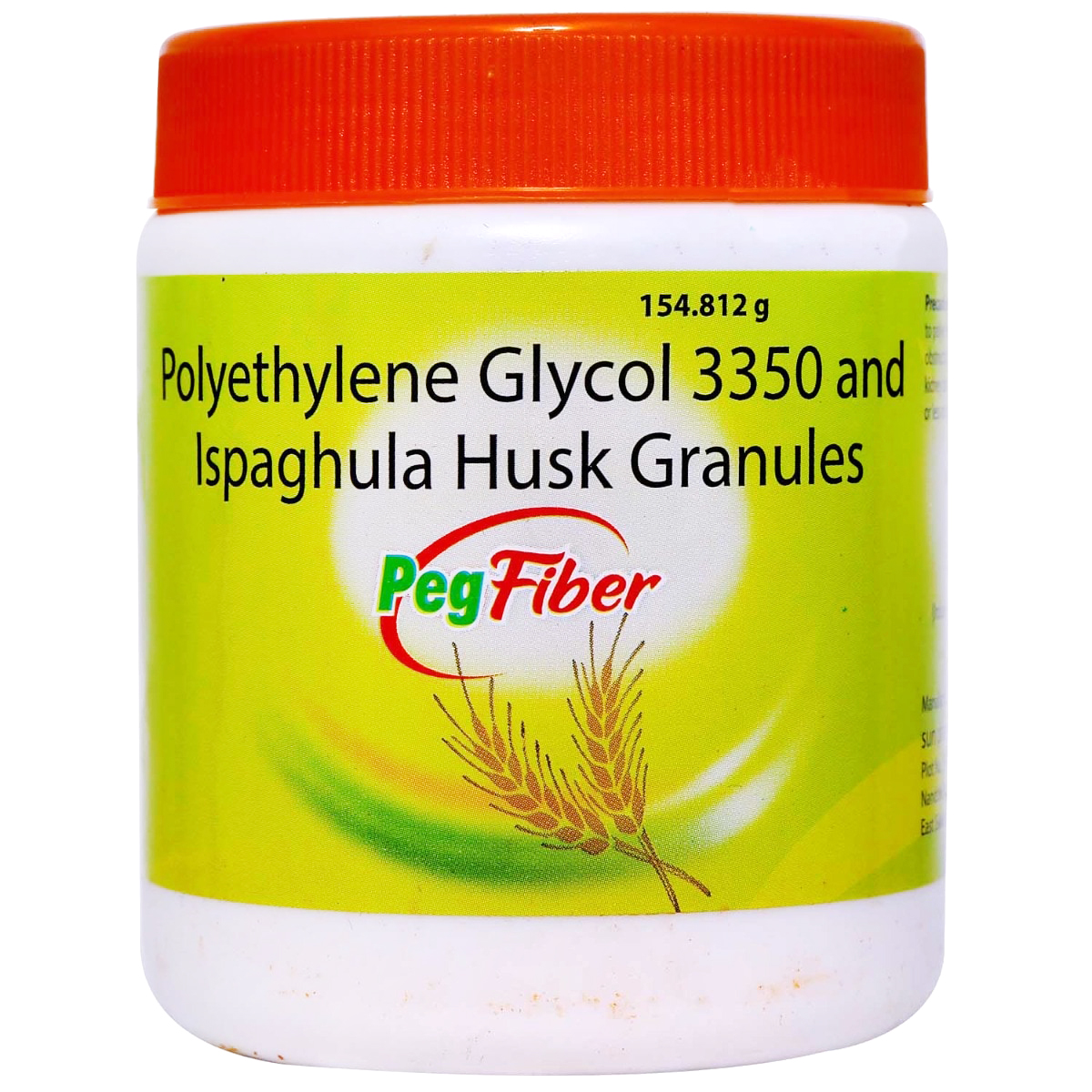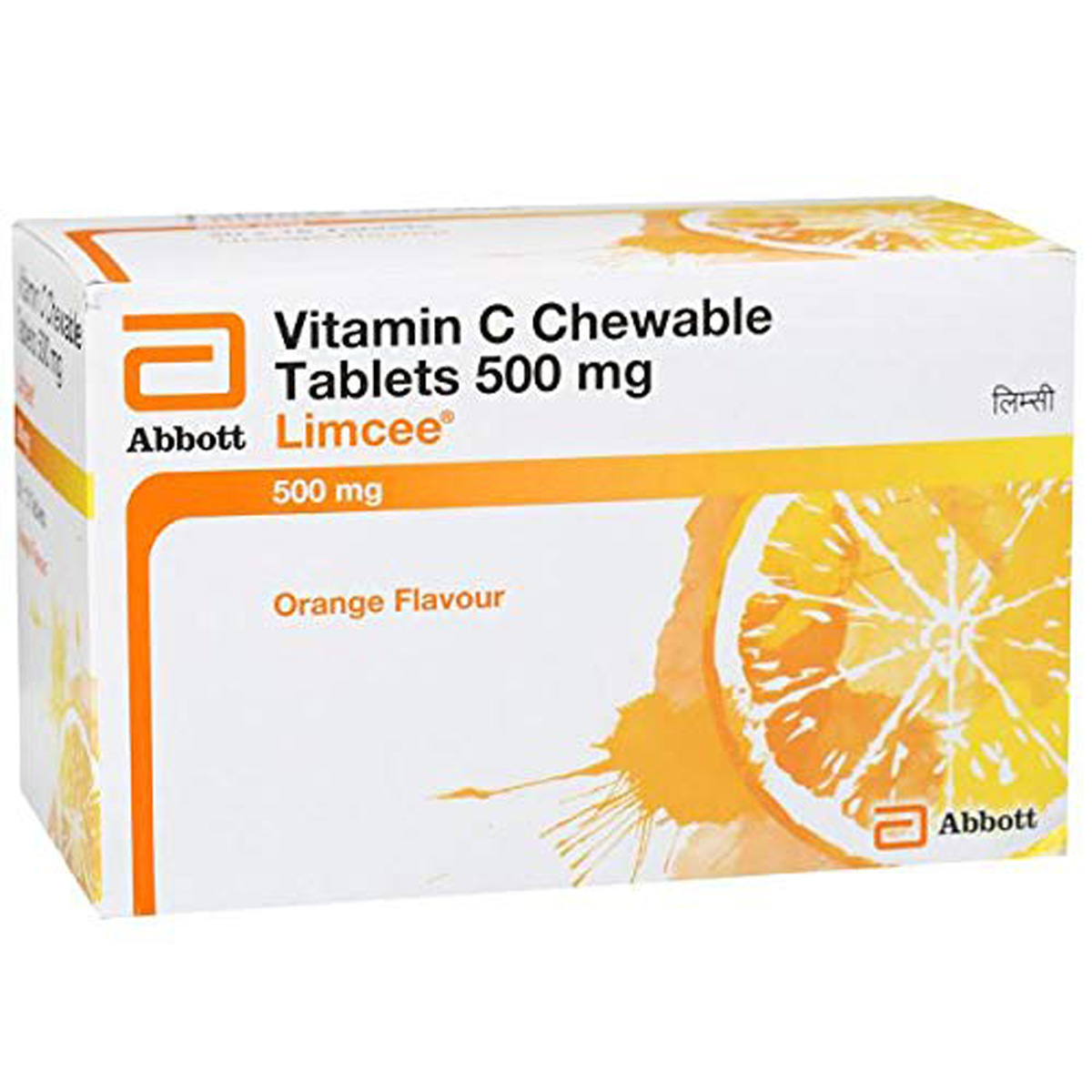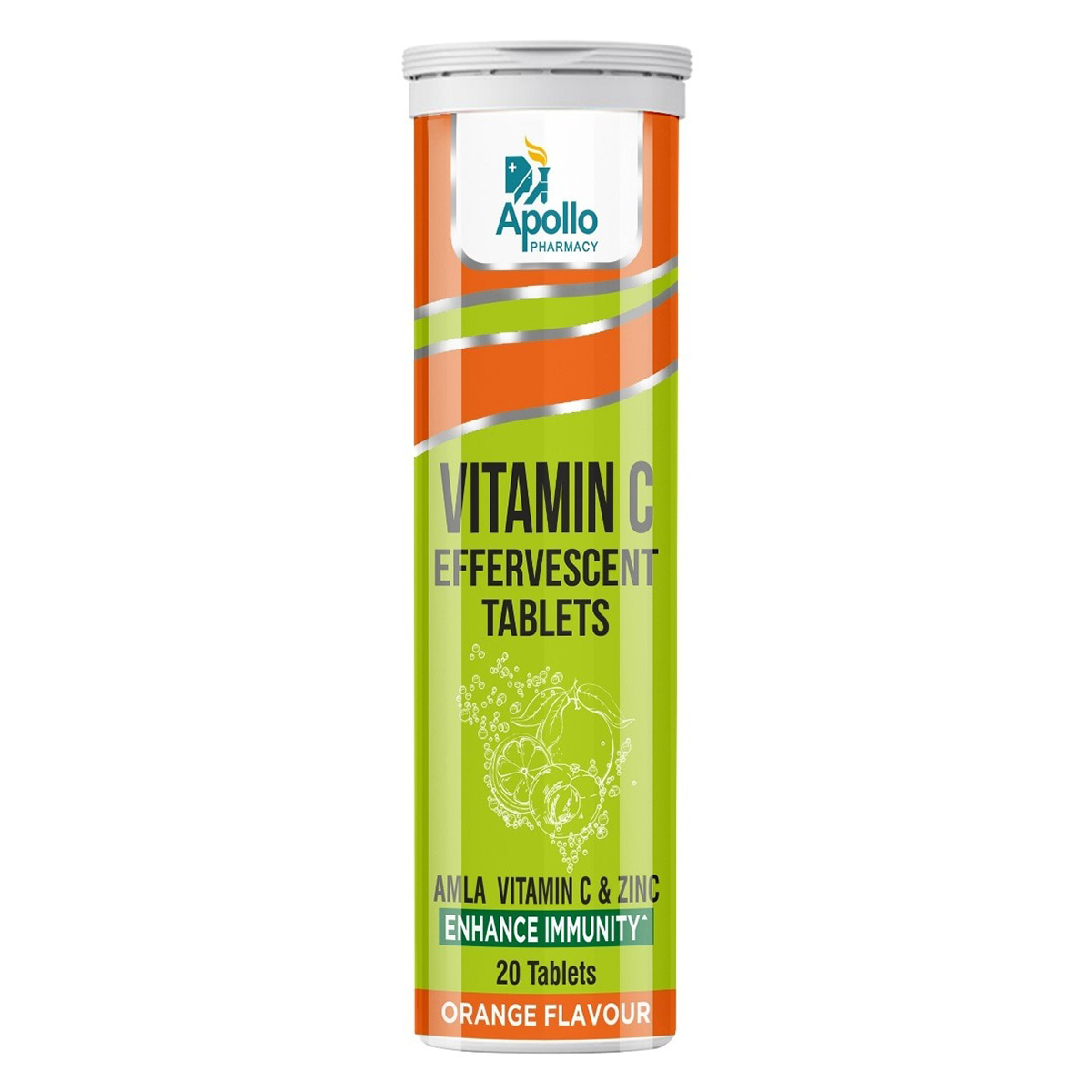Gerbisa Tablet
MRP ₹12
(Inclusive of all Taxes)
₹1.8 Cashback (15%)
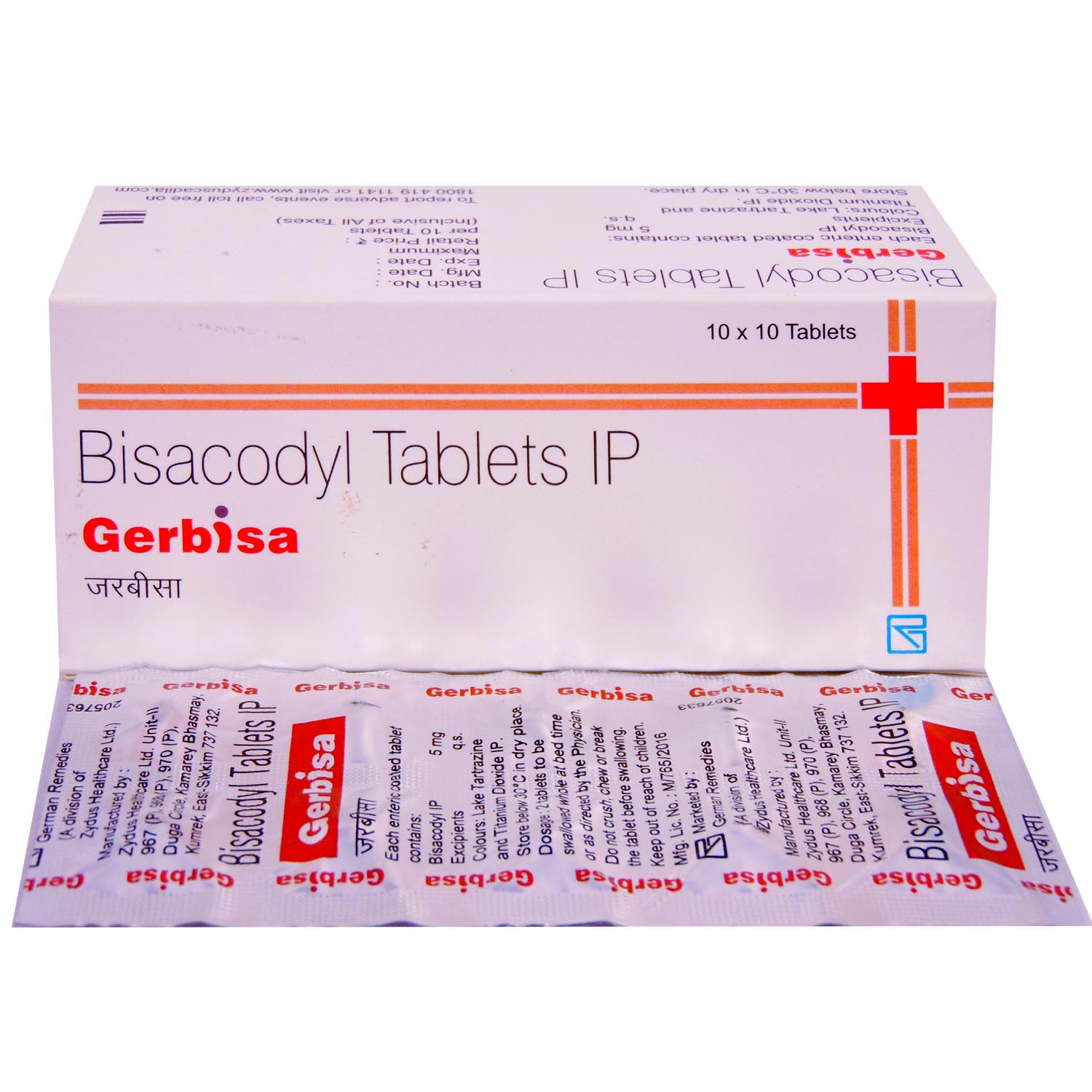


Available Offers
Therapeutic Class
Author Details
We provide you with authentic, trustworthy and relevant information
Drug-Drug Interactions Checker List
- FUROSEMIDE
- PREDNISOLONE
- ONDANSETRON
Drug-Drug Interactions
Drug-Drug Interactions
Login/Sign Up
Co-administration of Gerbisa Tablet and Azithromycin together can increase the chance of a serious abnormal heart rhythm.
How to manage the interaction:
Although there is an interaction, Gerbisa Tablet can be taken with Azithromycin if prescribed by the doctor. Consult the doctor if you develop sudden dizziness, lightheadedness, fainting, breathing difficulty, or heart palpitations, weakness, tiredness, drowsiness, confusion, tingling, numbness, muscle pain, cramps, nausea, or vomiting. Do not discontinue the medications without consulting a doctor.
Co-administration of Gerbisa Tablet with Sodium sulfate may raise the risk of ischemic colitis (an inflammatory condition caused by reduced blood flow to the colon due to narrowed or blocked blood vessels) or ulcers.
How to manage the interaction:
Although there is an interaction, Gerbisa Tablet can be taken with Sodium sulfate only if prescribed by the doctor. Inform the doctor if you experience any unusual symptoms. Do not stop taking medications without a doctor's advice.
Drug-Food Interactions
Drug-Food Interactions
Login/Sign Up
Coffee, Tea
How to manage the interaction:
Taking milk or dairy products along with Gerbisa Tablet may lead to an interaction. Avoid milk and dairy products. Take at least 1 hour before or after milk or dairy products.
Drug-Diseases Interactions
Drug-Diseases Interactions
Login/Sign Up
laxatives use is contraindicated in patients with diagnosis as inflammatory bowel disease.
How to manage the interaction:
Gerbisa Tablet is contraindicated in patients with inflammatory bowel disease as it may cause colonic perforation.
Gerbisa Tablet use is contraindicated in patients diagnosed with intestinal obstruction
How to manage the interaction:
Gerbisa Tablet is contraindicated in patients with intestinal obstruction disorders.
ACUTE SURGICAL ABDOMEN
How to manage the interaction:
It is contraindicated in patients with or who may have acute surgical abdomen.
RECTAL BLEEDING
How to manage the interaction:
Gerbisa Tablet is contraindicated in patients with anal or rectal fissures as it may cause irritation, burning sensation, and proctitis (inflammation of the lining of the rectum).
The use of Gerbisa Tablet is contraindicated in patients diagnosed with who have appendicitis
How to manage the interaction:
It is contraindicated in patients with or who may have appendicitis.
Gerbisa Tablet are contraindicated in patients with anal or rectal fissures. These preparations can cause irritation, burning and proctitis
How to manage the interaction:
It is contraindicated in patients with anal or rectal fissures as it may cause irritation, burning sensation, and proctitis (inflammation of the lining of the rectum).
INTESTINAL OBSTRUCTION DISORDER
How to manage the interaction:
It is contraindicated in patients with intestinal obstruction disorders.
Drug Warnings
Do not take Gerbisa Tablet if you are allergic to any of its contents. Talk to your doctor if there is no bowel movement or if you find rectal bleeding after taking Gerbisa Tablet . Do not take Gerbisa Tablet if you have severe dehydration, appendicitis, blockage in the intestine, blocked bowel, or inflammation of the bowel. Talk to your doctor before taking Gerbisa Tablet if you have liver or kidney problems. Consult your doctor before taking Gerbisa Tablet if you are pregnant or breastfeeding; your doctor will prescribe you Gerbisa Tablet only if the benefits outweigh the risks. Gerbisa Tablet causes drowsiness, so drive if you are alert. Gerbisa Tablet should not be given to children below four years as safety and efficacy have not been established. Avoid consuming alcohol along with Gerbisa Tablet as it could lead to increased drowsiness and dizziness.
Side Effects of Gerbisa Tablet
- Diarrhoea
- Nausea
- Abdominal pain
Directions for Use
Medicinal Benefits Mweb
Key Benefits
Gerbisa Tablet belongs to the group of medicines called 'stimulant laxatives' used to treat constipation. Gerbisa Tablet increases the intestinal movements, thereby facilitating stool passage. Gerbisa Tablet helps in normalizing the bowel movement by increasing the intestinal movements. Gerbisa Tablet is also used to clean the intestines before any examinations or medical procedures.
Uses of Gerbisa Tablet
About Gerbisa Tablet
Gerbisa Tablet belongs to the group of medications called 'stimulant laxatives' used to treat constipation. Constipation refers to infrequent bowel movements in which the stools are often dry, painful, and hard to pass. A constipated person has fewer than three bowel movements in a week. Gerbisa Tablet may also be used to clean the intestines before a bowel surgery or examination.
Gerbisa Tablet contains 'Bisacodyl' that works by increasing the intestinal movements, thereby facilitating stool passage. It speeds up stool movements by stimulating bowel muscles, softens the stools and makes it easier to pass. Thus, Gerbisa Tablet helps treat constipation.
In some cases, Gerbisa Tablet may cause certain common side-effects such as diarrhoea, nausea, and abdominal pain. Most of these side-effects do not require medical attention and will resolve gradually over time. However, consult a doctor if you experience these side-effects persistently.
Do not take Gerbisa Tablet for more than five days as it might cause dependency on Gerbisa Tablet for a bowel movement. Consult your doctor before taking Gerbisa Tablet if you are pregnant or breastfeeding. Gerbisa Tablet may cause dizziness, so drive if you are alert. Gerbisa Tablet should not be given to children unless prescribed by a child specialist. Keep your doctor informed about your health condition and medications to rule out any interactions.
Online payment accepted
know your delivery time
Provide Delivery Location
Author Details
We provide you with authentic, trustworthy and relevant information
Therapeutic Class
All Substitutes & Brand Comparisons
RX
Out of StockBisomer 5mg Tablet
Psychotropics India Ltd
₹4.32
(₹0.39 per unit)
63% CHEAPERRX
Out of StockBisflow Tablet
Smart Laboratories Pvt Ltd
₹10
(₹0.9 per unit)
16% CHEAPERRX
Out of StockBisalodil 5 Tablet
Zeelab Pharmacy Pvt Ltd
₹10
(₹0.9 per unit)
16% CHEAPER
- Drink water or other clear fluids.
- To prevent worsening of pain, limit intake of tea, coffee, or alcohol.
- Include bland foods like rice, toast, crackers, and rice in your diet.
- Avoid lying down immediately after eating as it may cause indigestion or heartburn.
- Avoid acidic and spicy food as it may cause indigestion.
- Inform your doctor about the nausea and discuss possible alternatives to the medication or adjustments to the dosage.
- Divide your daily food intake into smaller, more frequent meals to reduce nausea.
- Opt for bland, easily digestible foods like crackers, toast, plain rice, bananas, and applesauce.
- Avoid certain foods that can trigger nausea, such as fatty, greasy, spicy, and smelly foods.
- Drink plenty of fluids, such as water, clear broth, or electrolyte-rich beverages like coconut water or sports drinks.
- Use ginger (tea, ale, or candies) to help relieve nausea.
- Get adequate rest and also avoid strenuous activities that can worsen nausea.
- Talk to your doctor about taking anti-nausea medication if your nausea is severe.
- Record when your nausea occurs, what triggers it, and what provides relief to help you identify patterns and manage your symptoms more effectively.
Health Queries
ANY SUBSTITUTES FOR THIS MEDICINE?
Ask Apollo
AI powered Health Chatbot
why to use this medicine for?
Ask Apollo
AI powered Health Chatbot
why should one take this tablet for?
Ask Apollo
AI powered Health Chatbot

Have a query?
Verified Buyers Reviews
Side Effects
- Stomach Pain
- Nausea
If any of the above side effects continue or intensify, seek medical advice. Professional guidance may be necessary for appropriate care and treatment adjustments.
Buy best Gastro Enterology products by
Abbott India Ltd
Sun Pharmaceutical Industries Ltd
Alkem Laboratories Ltd
Cipla Ltd
Torrent Pharmaceuticals Ltd
Intas Pharmaceuticals Ltd
Mankind Pharma Pvt Ltd
Lupin Ltd
Dr Reddy's Laboratories Ltd
Aristo Pharmaceuticals Pvt Ltd
Alembic Pharmaceuticals Ltd
Wallace Pharmaceuticals Pvt Ltd
La Renon Healthcare Pvt Ltd
Leeford Healthcare Ltd
Macleods Pharmaceuticals Ltd
J B Chemicals & Pharmaceuticals Ltd
Zydus Healthcare Ltd
Micro Labs Ltd
Zydus Cadila
Fourrts India Laboratories Pvt Ltd
Morepen Laboratories Ltd
Zuventus Healthcare Ltd
FDC Ltd
Eris Life Sciences Ltd
Cadila Pharmaceuticals Ltd
Medishri Healthcare Pvt Ltd
Alniche Life Sciences Pvt Ltd
Medley Pharmaceuticals Ltd
Tas Med India Pvt Ltd
Signova Pharma
Tablets India Ltd
Elder Pharmaceuticals Ltd
Wockhardt Ltd
Emcure Pharmaceuticals Ltd
Sanatra Healthcare Ltd
Glenmark Pharmaceuticals Ltd
Blue Cross Laboratories Pvt Ltd
East West Pharma India Pvt Ltd
Hetero Drugs Ltd
Indoco Remedies Ltd
Vasu Organics Pvt Ltd
Biological E Ltd
Primus Remedies Pvt Ltd
Akumentis Healthcare Ltd
Corona Remedies Pvt Ltd
Pfizer Ltd
Albert David Ltd
DR Johns Lab Pharma Pvt Ltd
Ajanta Pharma Ltd
Cadila Healthcare Ltd
Ipca Laboratories Ltd
Ordain Health Care Global Pvt Ltd
Systopic Laboratories Pvt Ltd
Ozone Pharmaceuticals Ltd
Foregen Healthcare Ltd
Medgen Drugs And Laboratories Pvt Ltd
Panacea Biotec Ltd
Samarth Life Sciences Pvt Ltd
Shine Pharmaceuticals Ltd
Adonis Laboratories Pvt Ltd
Dey's Medical Stores (Mfg) Ltd
Eskag Pharma Pvt Ltd
Hetero Healthcare Pvt Ltd
Indchemie Health Specialities Pvt Ltd
Meyer Organics Pvt Ltd
RPG Life Sciences Ltd
Troikaa Pharmaceuticals Ltd
Biochem Pharmaceutical Industries Ltd
Shreya Life Sciences Pvt Ltd
Sinsan Pharmaceuticals Pvt Ltd
3M India Ltd
Chemo Healthcare Pvt Ltd
Levin Life Sciences Pvt Ltd
Meridian Enterprises Pvt Ltd
Overseas Health Care Pvt Ltd
Saf Fermion Ltd
Sanzyme Pvt Ltd
Steris Healthcare
USV Pvt Ltd
Seagull Pharmaceutical Pvt Ltd
Votary Laboratories (India) Ltd
Win Medicare Ltd
Yuventis Pharmaceuticals
Aar Ess Remedies Pvt Ltd
Caplet India Pvt Ltd
Piramal Enterprises Ltd
Sanofi India Ltd
Cnx Health Care Pvt Ltd
Galpha Laboratories Ltd
Intra Labs India Pvt Ltd
Kinesis Pharmaceuticals Pvt Ltd
Msn Laboratories Pvt Ltd
Olcare Laboratories Pvt Ltd
Rapross Pharmaceuticals Pvt Ltd
Ronyd Healthcare Pvt Ltd
Saffron Therapeutics Pvt Ltd
Solariz Healthcare Pvt Ltd
Syndicate Life Sciences Pvt Ltd
Aurz Pharmaceutical Pvt Ltd
Biophar Lifesciences Pvt Ltd
Frequently Bought Together


_0.jpg?tr=q-85)



